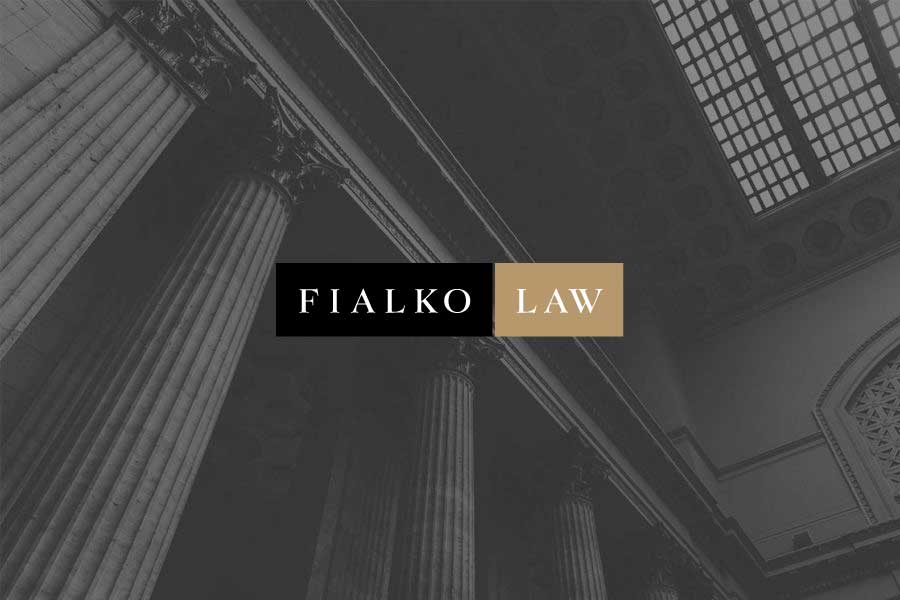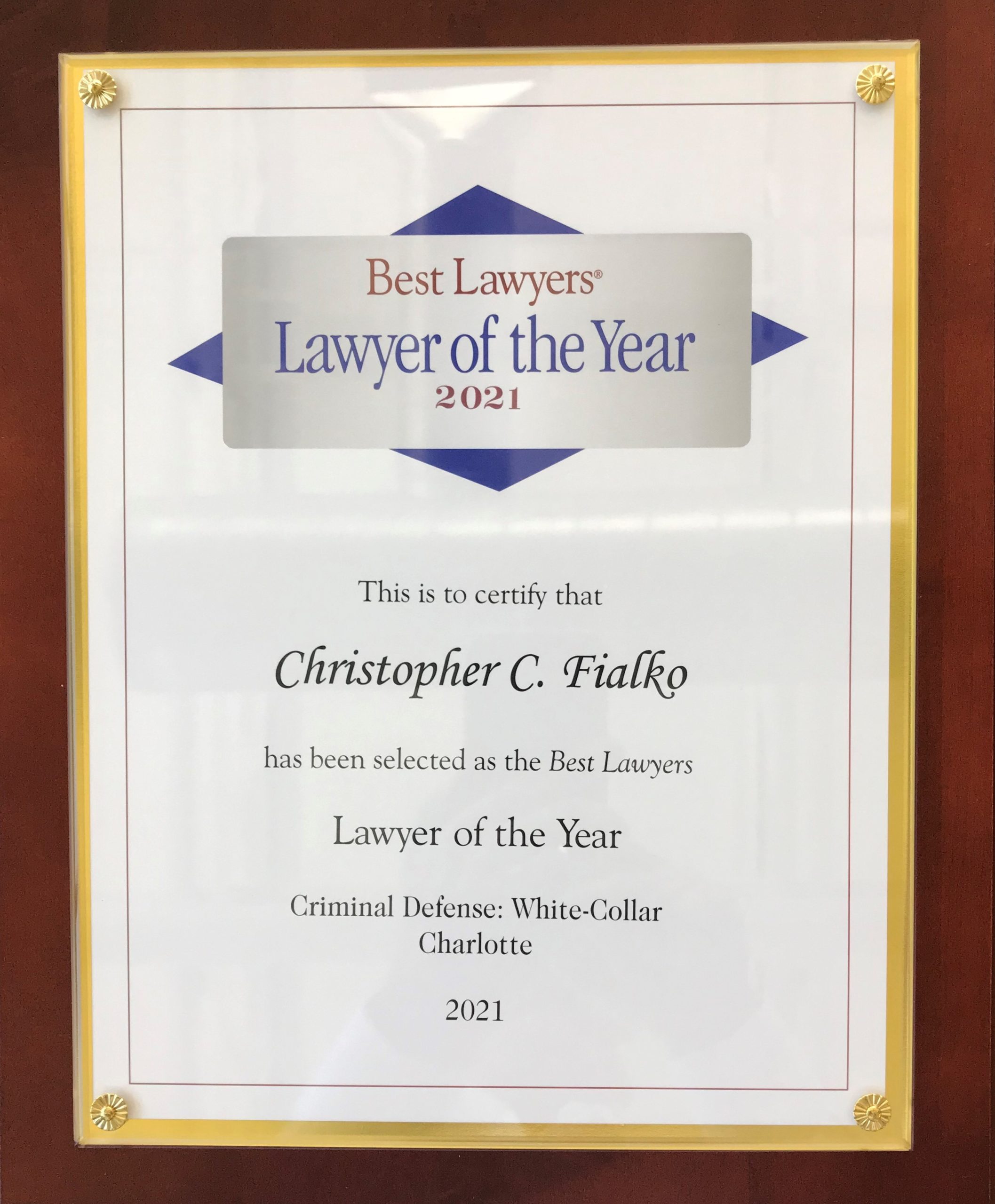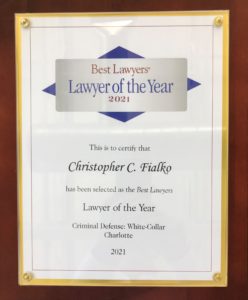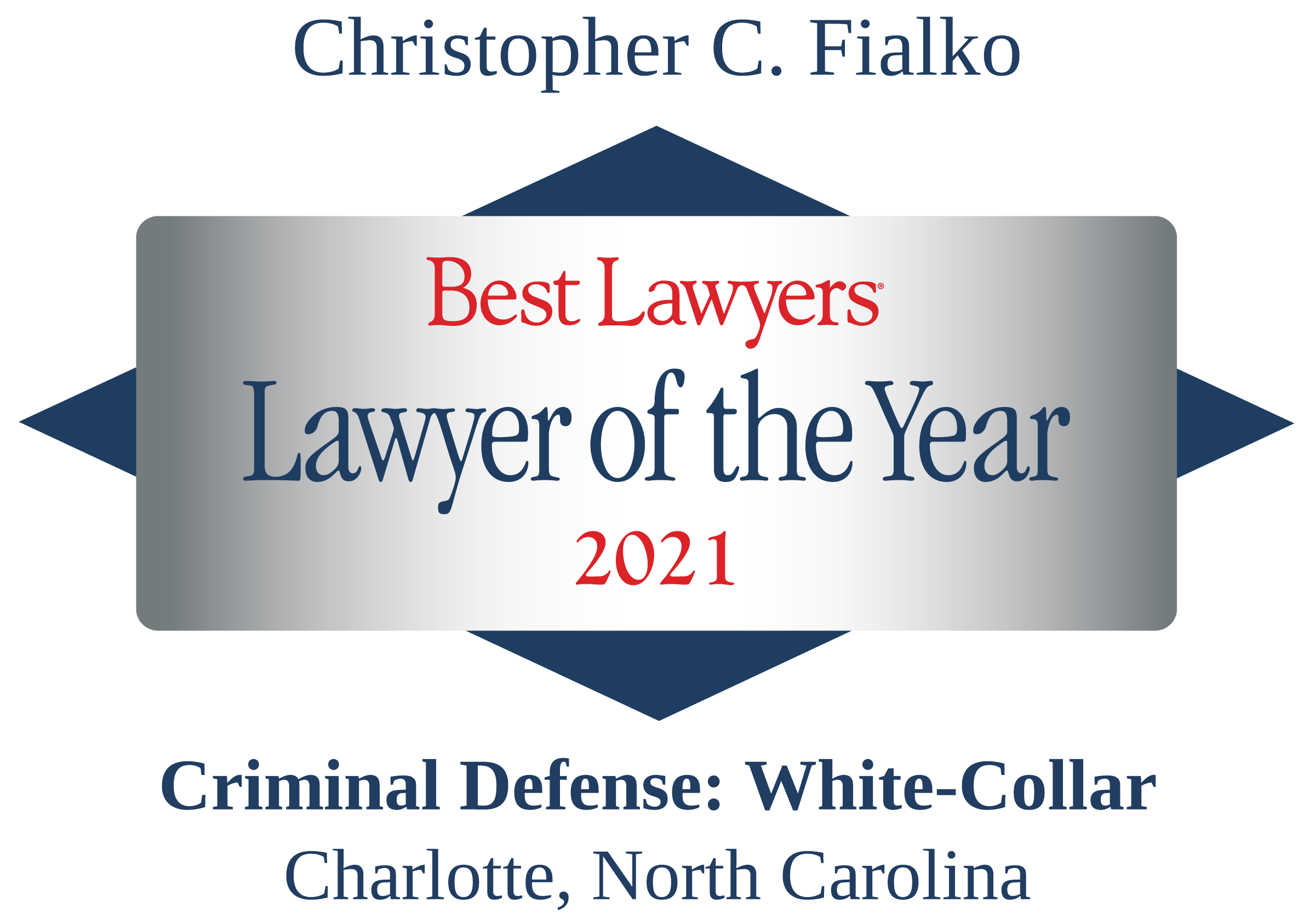Hey fellow criminal defense lawyers: Read this if a judge or prosecutor has ever questioned you for fighting an issue “that doesn’t matter anyway.â€
Last year, I gained the release of an old federal client, Ian P., even though he was sentenced to life imprisonment without parole in 2003. Here’s how it happened.
Way back in 2002, David Rudolf and I defended Ian at trial in federal court in Charlotte for trafficking large amounts of cocaine. The evidence was rough, but Ian had no interest in becoming a cooperating informant with the prosecution. And because he had two prior felony convictions for smallish amounts of marijuana, he was facing mandatory life without parole if he pleaded straight guilty, unless the prosecutor withdrew the prior record penalty enhancement. She refused.
So we fought like hell at trial. I filed a motion arguing that the jury should make the decision whether Ian actually had two prior felony drug convictions, not the judge. The District Judge was grumpy about this motion because the Supreme Court had decided in 1998 that prior convictions were not elements of the offense that the Constitution required the jury to find. (Almendarez-Torres v. United States)
I thought the newer case of Apprendi v. New Jersey. threw Almendarez-Torres into doubt, but no one else did. The motion was denied. The jury convicted Ian after a week-long trial.
At his original sentencing in January 2003, I filed objections renewing that argument, but also contending that the government did not proved our client used a firearm during the offense, which would add about two years to his sentence under the guidelines.
The prosecutor was angry. She felt she proved at trial that Ian used a gun,  and that it just “did not matter†due to the 3-strikes rule – he was going to get life without parole, so two extra years was meaningless in her mind.
We persisted.
At the sentencing hearing, the judge agreed with me that there just wasn’t enough evidence connecting the lone gun found by the police to my client.  So the +2 offense level points did not count. (The prosecutor was livid.)
Still, the judge had no choice but to sentence Ian to life imprisonment without parole.
In 2010, Asheville criminal defense lawyer Andy Banzhoff had a new idea for one of his clients: maybe North Carolina drug cases do not count as felony convictions because under our Structured Sentencing statute, the maximum punishment can be less than a year imprisonment if the defendant has a relatively clean prior record. Banzhoff and other appeals lawyers fought this fight in United States v. Simmons for several years, and eventually won. (I drafted an amicus brief in that case which you can see here.)
Suddenly, Ian had a chance – one of his prior convictions was in North Carolina for marijuana, and at the time of his conviction his record was light.
In 2013 I filed a habeas petition seeking a re-sentencing due to the Simmons decision. It was denied on the basis that Simmons should not be applied retroactively. Eventually, the Fourth Circuit decided Simmons should be applied retroactively.
I filed again, and this time it worked – in 2019 the District Court granted Ian a new sentencing hearing.
And this is where the “meaningless†fight over the +2 gun enhancement in 2003 mattered – which I’ll explain in a minute.
At the re-sentencing hearing in August 2019, this is what I told the judge:
Ian woke up in prison every day for 6,752 days. He lived a life and improved. He slowly changed his perspective. He learned yoga and meditation. He took all kinds of Bureau of Prisons self-improvement classes, even though he was serving life without parole. We showed the judge dozens of class completion certificates. Ian became a meditation teacher in prison.
He was also lucky: a long-time friend took in his infant son. Every other month his friend brought Ian’s son to the prison for a visit. Ian wrote monthly letters to his son, encouraging him to focus on education. His son graduated from high school and enlisted in the military.
The judge re-sentenced Ian to 22 years imprisonment instead of life. If the gun enhancement had applied, he would have gotten 24 years.
Ian had served 18.5 years already, and with the small amount of earned time he achieved, Ian was released within a month.
He was out because we fought the “meaningless†good fight.





